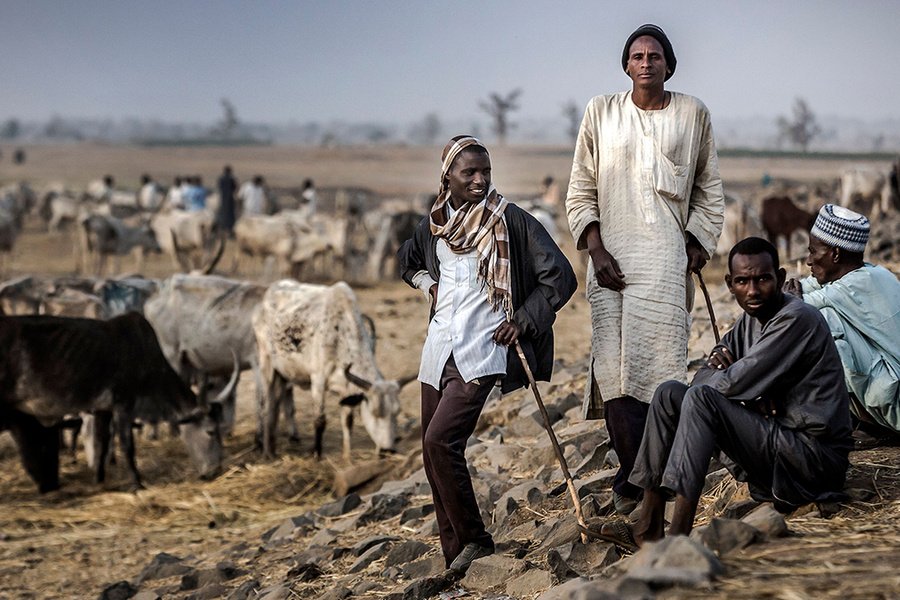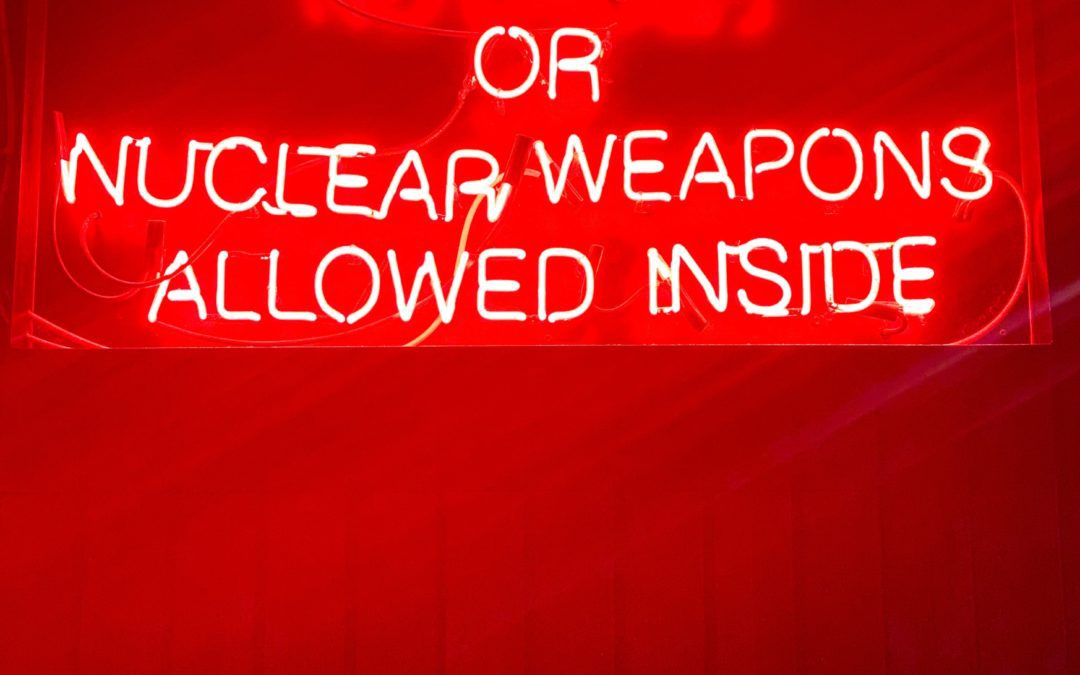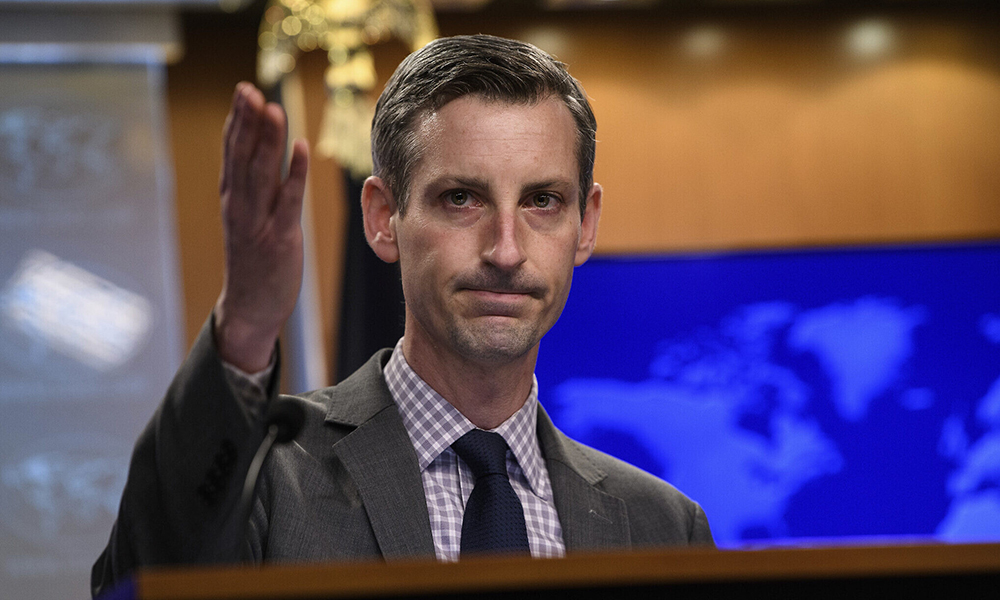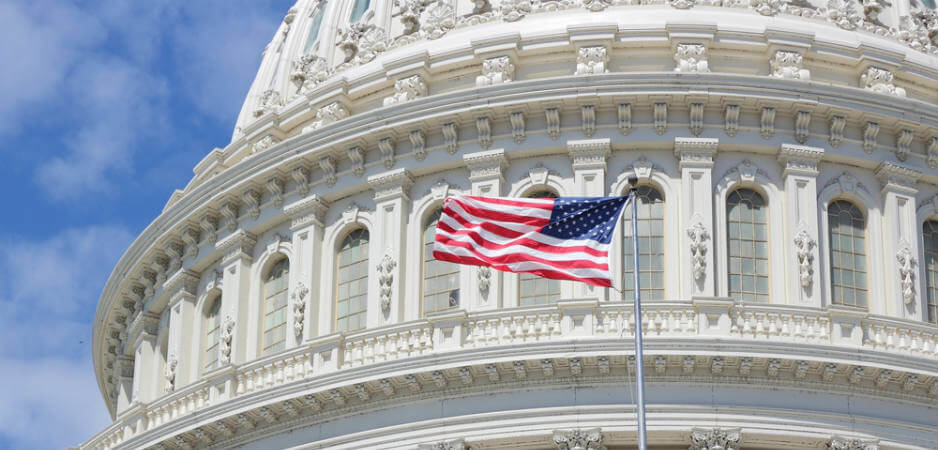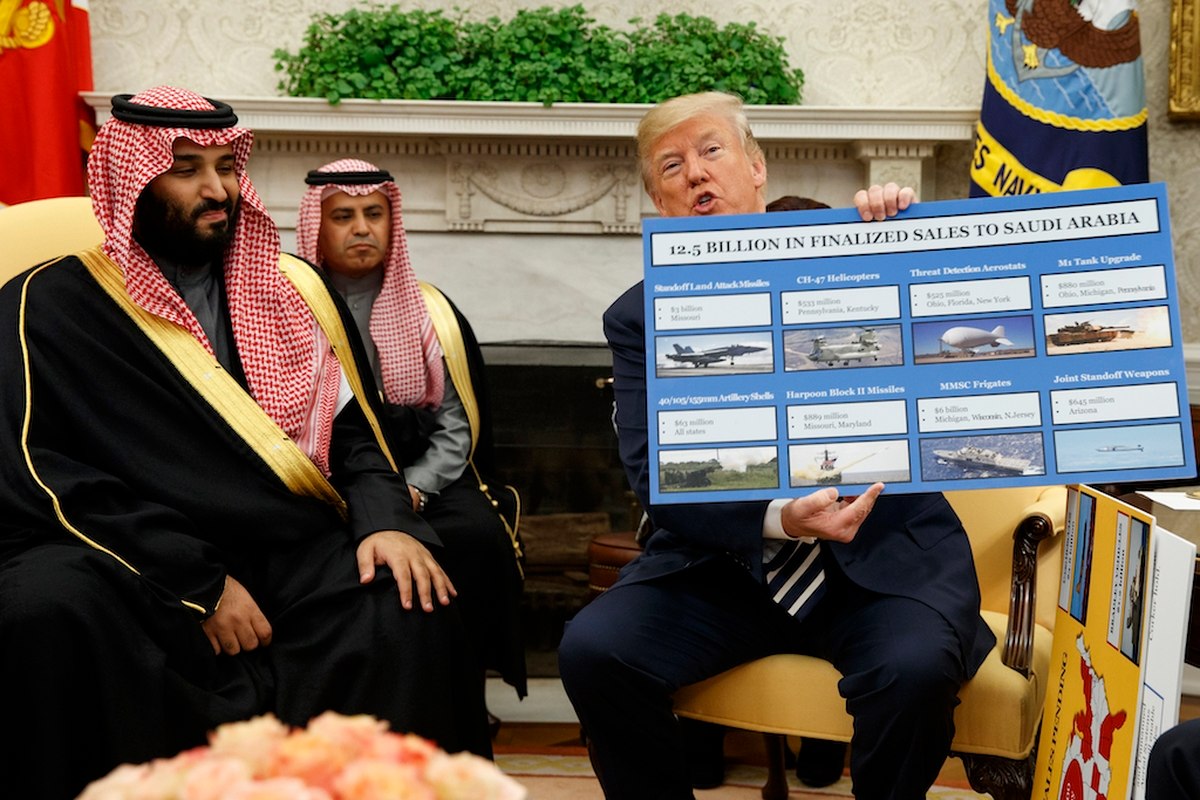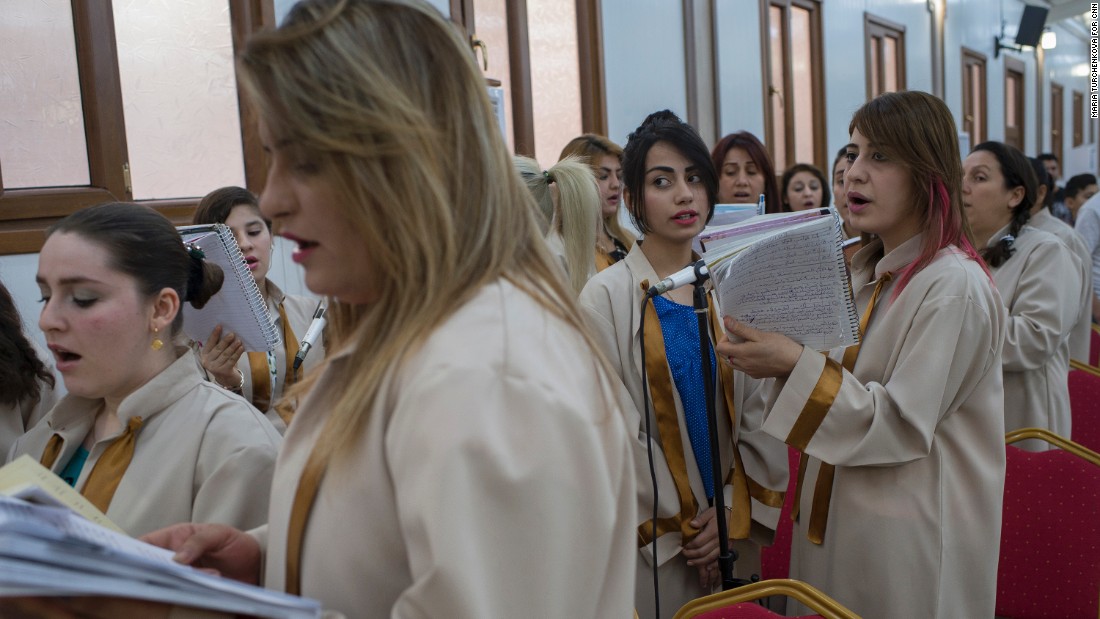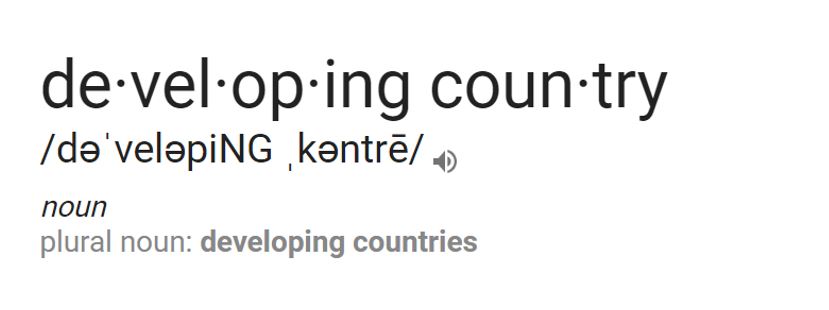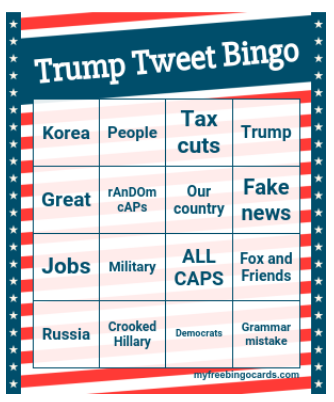When I arrived at the Pentagon in 2009, the Obama administration was just getting its footing as caretakers of the War on Terror. Our focus then was truly global dominion. That meant, yes, killing and capturing whatever the intelligence process coughed up as bad guys...

